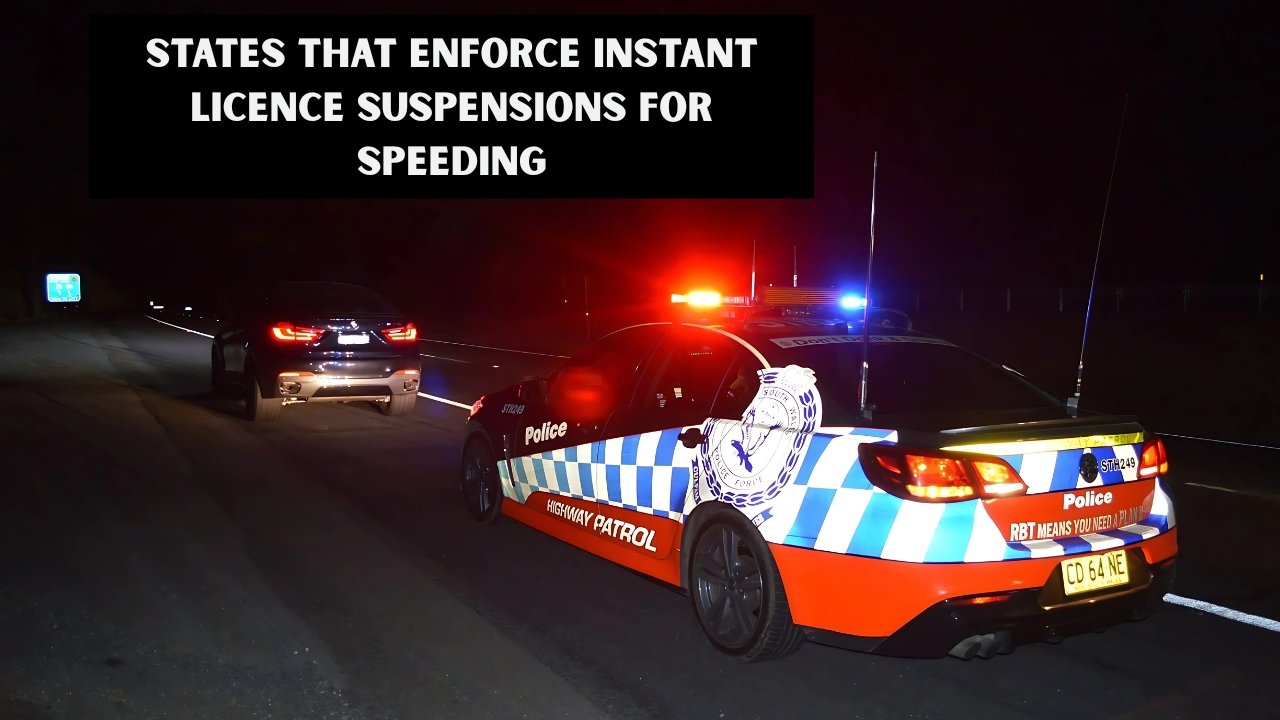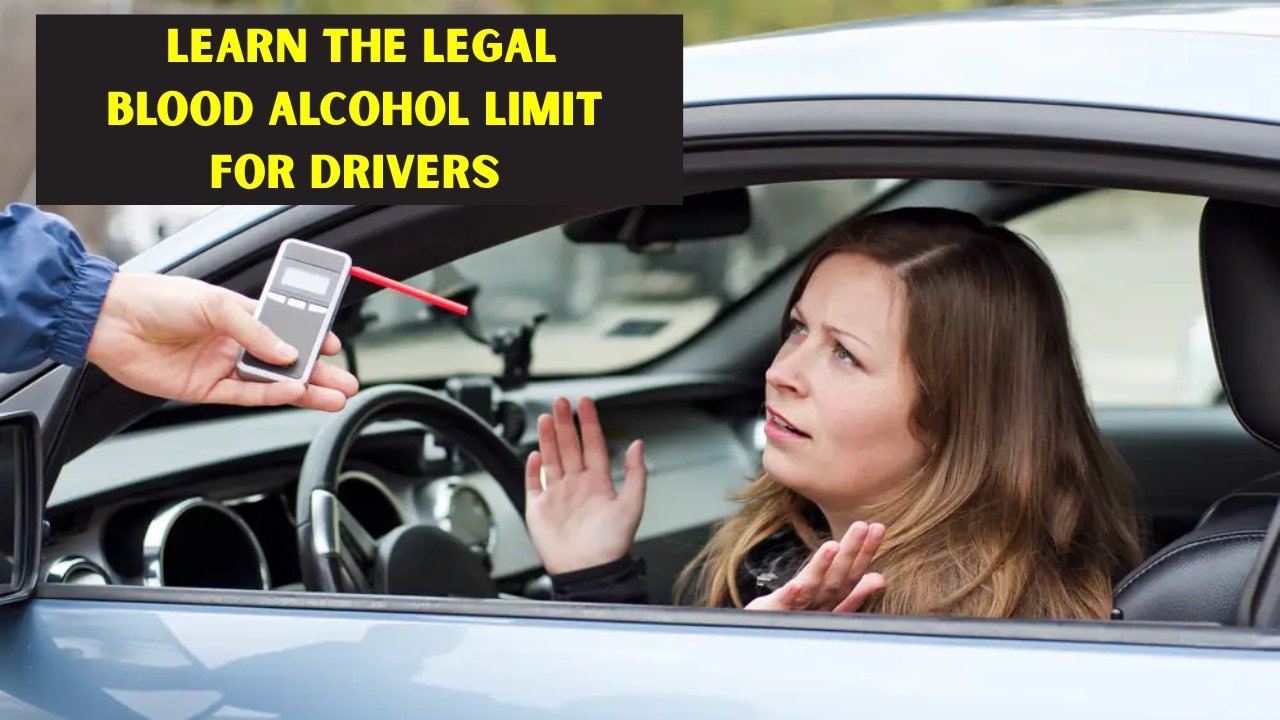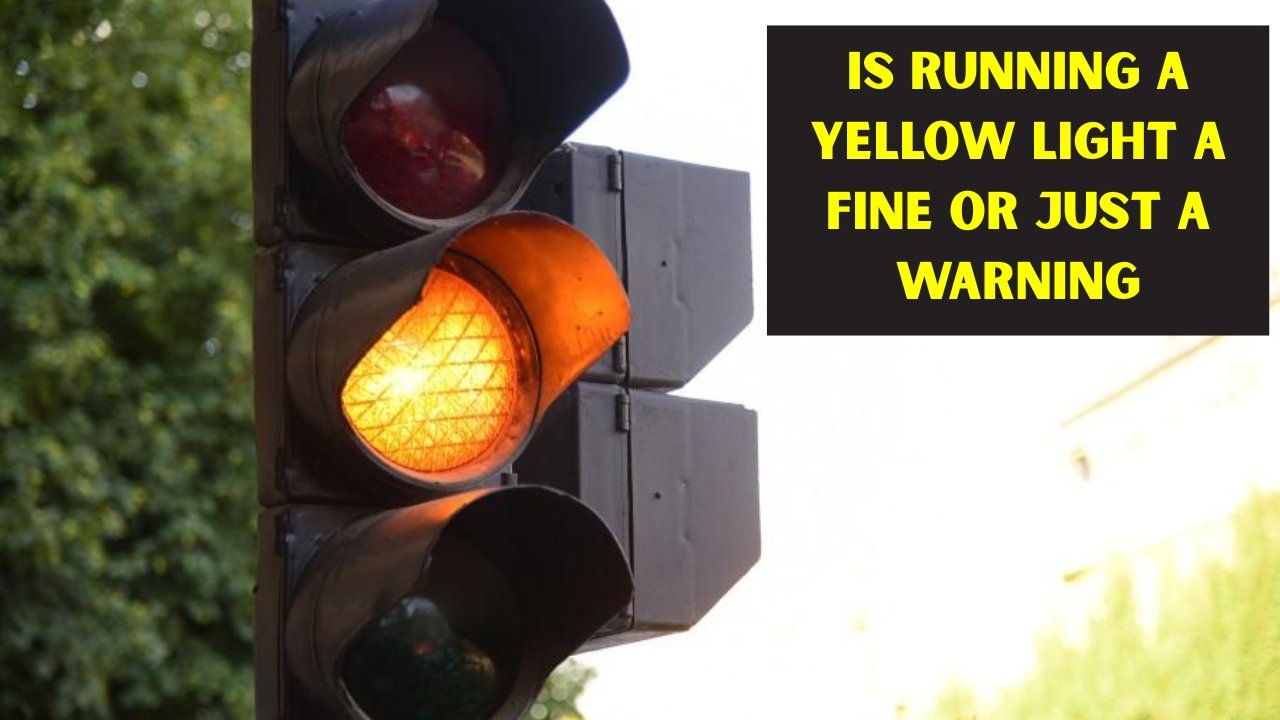The use of car horns in Australia has certain road regulations, which are meant to make the horns to be mainly safety gadgets and not frustrating or casual means of communication. The question of when it is safe or illegal to use a car horn is the key to responsible driving and not being fined. This paper discusses these rules, real-life situations, and the repercussions of abuse.
Purpose of Car Horn Use
The predominant legal justification of car honking in Australia is to alert other users of the road that there is a vehicle around them or coming towards them. This involves warning pedestrians, cyclists, motoristes or even animals going past to avoid accidents. Also the horns can be legally deployed as components of anti-theft system or alcohol ignition lock systems installed on cars. Communicating with other drivers through the horn should be avoided in most instances either because of anger or impatience.
Summary Table: Horn Use Fines by State
| State | Legal Use Allowed | Fine for Illegal Use |
|---|---|---|
| Western Australia | Warn others, safety devices only | $50 |
| Tasmania | Warn others, anti-theft, ignition devices | $151.50 |
| New South Wales | Warn others, anti-theft, ignition devices | $410 (up to $2,200 in court) |
Legal Use Across States
Although the regulations differ state to state and territory to territory, the rules are generally similar. The drivers in Western Australia are required to use the horn to alert fellow drivers under regulation 190 of the road traffic code 2000, except as safety systems. The abuses, including use in unnecessary cases, attract a fine of at least $50. In like manner, the rules are very strict in Tasmania and New South Wales, which impose a fine of $151.50 and 410 respectively on improper use of a horn. The offense of smoking on campus can attract fines of as high as 2,200 in NSW in the event one is taken to court, which is an indication of how serious the crime is.
Illegal Horn Use Examples
Some of the most typical situations in which the horn ought to be used illegally have been listed. These are honking to welcome or say goodbye to a person, honking the horn to get irritated with slow vehicles or to pressure a driver to move. This usage may create shock or distraction of other road users leading to accidents and upsets. Non-safety use of the horn is a violation that is fined upon repetition or prolonged use.
New 2025 Restrictions
These rules are further strengthened as at September 2025, banning of non-essential use of horns is emphased. Drivers who honk unwarrantedly are fined and in certain places victim impact fines are imposed. The objective of this change is to ensure there is courtesy driving and reduce noise pollution through the over use of horns in the roads.
FAQs
Q: Is it possible to use my horn in the traffic to make someone go quicker?
No, anything that is done to push other motorists to accelerate faster using the horn is unlawful and considered as misuse, which would attract a fine.
Q: Can one honk to say good-bye or good-morning?
No, the horns are meant to warn and not to greet.
What then do I do in case an animal gets on the road?
You are also able to use your horn to draw the attention of the animal and other road users in order to avoid accidents.
Such rules can be understood and adhered to to maintain safety, minimise noise pollution and to maintain compliance of drivers with road laws in Australia. Proper use of the horn is a minor yet significant aspect of good and safe road use in Australia.







